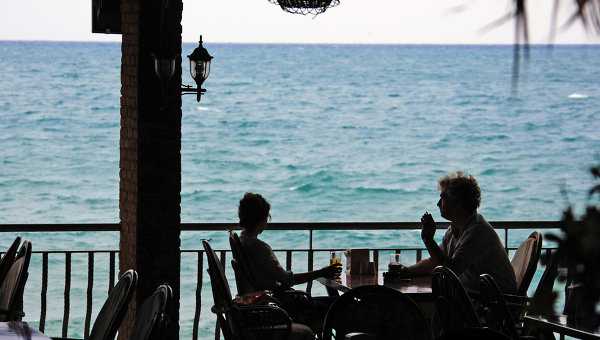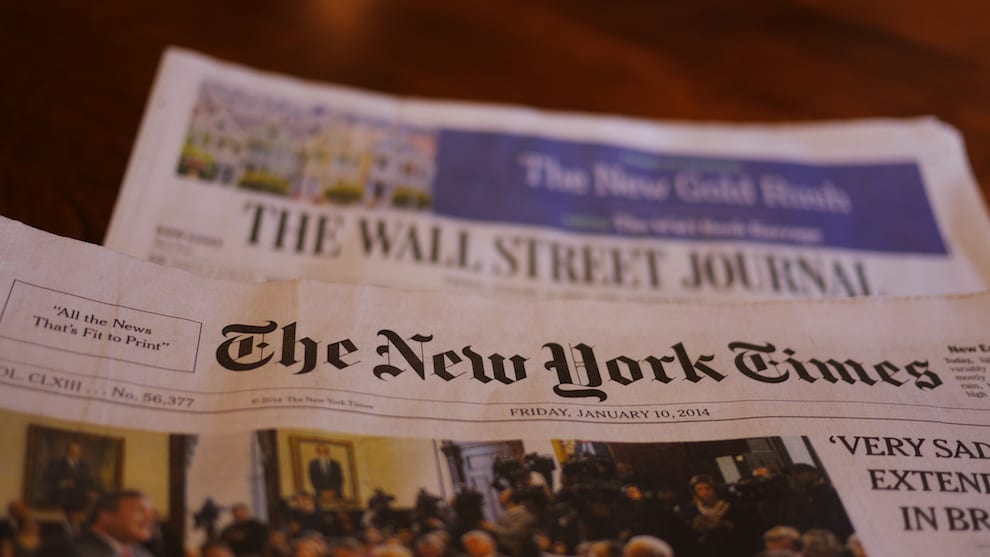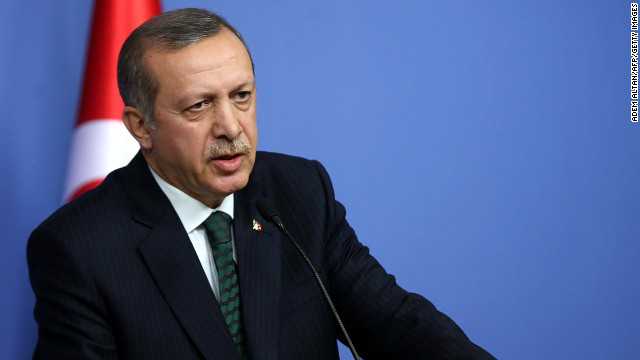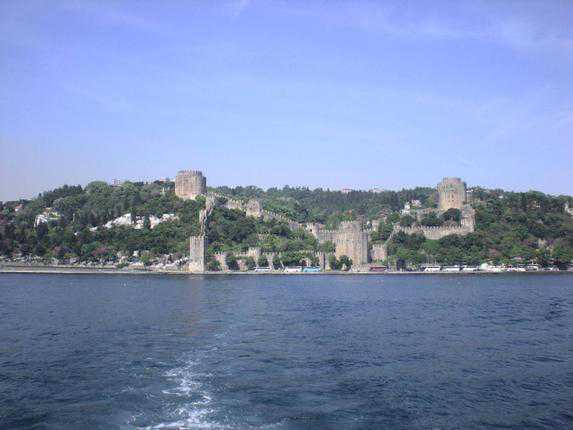Editor’s Note: Soner Cagaptay is Director of the Turkish Research Program at the Washington Institute for Near East Policy and a Visiting Professor at Georgetown University. He is the co-author, with Scott Carpenter, of Regenerating the U.S.-Turkey Partnership.
By Soner Cagaptay – Special to CNN

Amidst news of Turkey’s political turmoil – a parliamentary boycott led by the main opposition party has overshadowed the June 12th election victory of the ruling Justice and Development Party’s (AKP), and the Turkish political system faces a stalemate – a key development has almost gone unnoticed. On June 12th, the Turks elected the country’s first Christian deputy, Mr. Erol Dora, to the Ankara parliament (Meclis), literally making him Turkey’s “First Christian.”
Mr. Dora’s election to the Turkish Meclis is a true breath of fresh air. Not counting a handful of Christians who were allocated legislative seats in the twentieth century due to legal quotas, Mr. Dora is the first Christian deputy elected to sit in the Ankara legislature.
This is big news. Christians represent just 1/1000 of the country’s population. In a symbolic move, Muslim Turks have chosen to elect a Christian Turk to represent them.
This development presents an opportunity for Turkey to come to terms with its rich Christian heritage. Moreover, it signals that the country’s opposed camps, clustered around the conservative AKP and its liberal-secular opponents in an almost homogenously Muslim Turkey, can learn to live together under a liberal roof.
The first element of symbolism in Mr. Dora’s election is that he has de facto become the “First Christian” in Turkey, which was, as many say, “the first country in history to have a Christian majority.”
Since Jesus, Turkish Christians have dwindled in numbers and the country’s Christian heritage has weathered a tumultuous and debilitating period in the late 19th and early 20th centuries. Now, with Mr. Dora in the Meclis, Christian heritage in Turkey has found voice, as well as a reminder of the country’s thriving, and once dominant, Christian past.
However, the symbolism of Mr. Dora’s election does not stop there.
Today, Turkey is about to draft its first civilian constitution. As the military drafted the country’s previous charters, all Turks agree that they need a new constitution. But the question remains: will this charter assure the opposing factions of the society, including those clustered around the AKP and its opponents, that they can live together?
Since the AKP came to power in 2002, the struggle between pro- and anti-AKP groups has nearly torn Turkey in two. There have been coup allegations against the AKP followed by the Ergenekon case.
The opposition says the government has used the case not only to prosecute coup allegations, but also to crack down on its secular and liberal opponents. In addition, the AKP has levied massive tax fines against independent media. Furthermore, the judiciary is split along ideological lines. Conservative and secular powers steadfastly attempt to destroy each other.
This, then, is the recipe for the new Turkey: pro-AKP and anti-AKP Turks try to undermine each other out of mutual fear. Hence, the country’s new constitution must provide room for everyone. If the Turks, who are over 99 percent Muslim nominally, can elect a Christian to represent themselves, surely they can write such a constitution.
To that end, the AKP must realize that secular, liberal Turkey, which comprises at least half of the country’s population, is too big to ignore. And the secular liberals must realize that, unlike a decade ago, Turkey has a large, established conservative-Islamist elite and political party with widespread support.
Both halves of the country must work together toward a new constitution, lest Turkey suffer a split down the middle. That would be bad for the country – the only experiment in the world that unites Islam and democracy – and for those watching it.
Mr. Dora faces a tall order, whether or nor he is aware of it. First, he is elected to the Turkish parliament representing a Kurdish nationalist party. Second, he is a Christian voted in by Muslim constituents. Third, he sits in a conservative-Islamist dominated legislature as the deputy of a secular party. Then there is the issue of politics versus violence. Mr. Dora’s party, the BDP, does not hide its sympathies for the Kurdistan Worker Party (PKK), which employs violence and terror attacks.
The list is not done yet: in fact, Mr. Dora is neither Turkish, nor Kurdish, but rather an ethnic Syriac. He embodies every dichotomy facing Turkey: Kurdish and Turkish, Christian and Muslim, secular and conservative, Islamist and liberal, and last but not least, political activism versus violence.
Yet he also represents hope for Turkey’s future. Mr. Dora’s very election stands as a sign that Turks can live together if they take a hint from his election: drafting a liberal charter that accommodates the country’s many identities and political aspirations.
The views expressed in this article are solely those of Soner Cagaptay.
via Turkey’s “First Christian” – Global Public Square – CNN.com Blogs.





